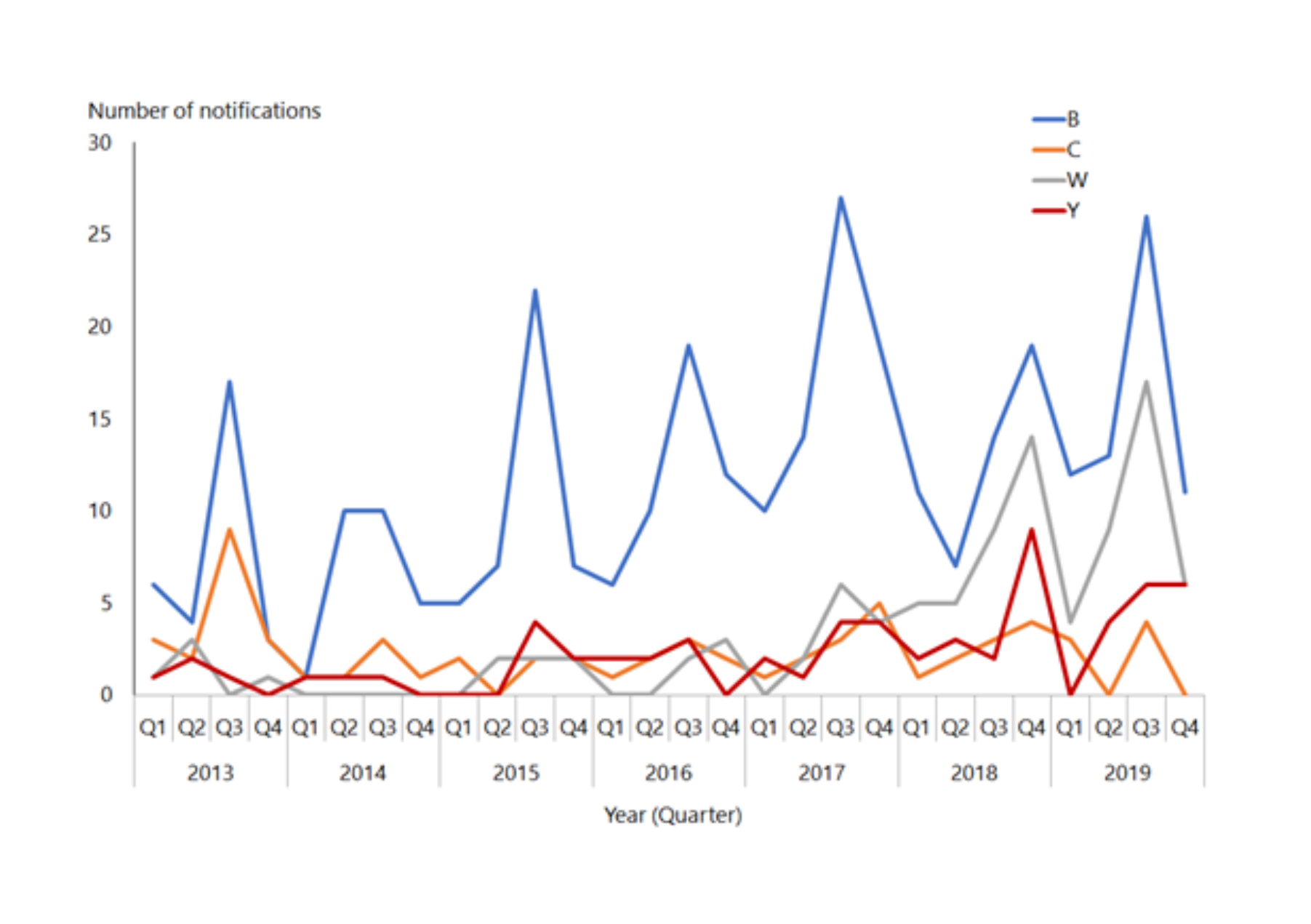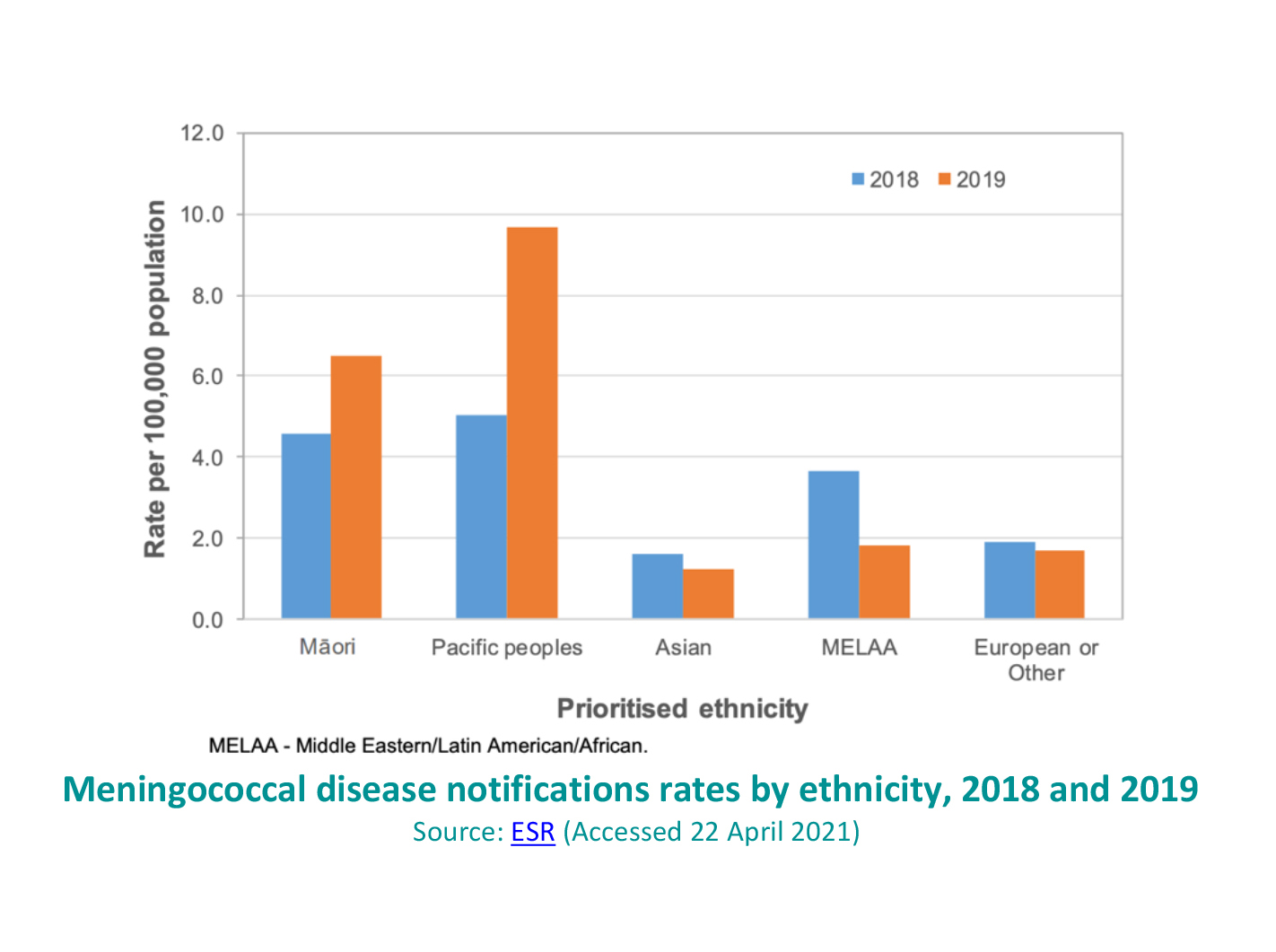On 24 April 2021, World Meningitis Day, we announced our 2025 goal:
“Every college student is protected against all preventable forms of meningococcal disease before they leave school.”
We urge the New Zealand Government to provide FREE vaccine for all preventable forms of meningococcal disease to ALL students in Year 11 (or at 16 years of age) before they leave school to work, study, or pursue other activities.
All students deserve to be protected against meningococcal disease, irrespective of where they reside.

We need your help NOW to achieve our goal and protect all teenagers against the most common forms of meningococcal disease:
DONATE NOW
OUR PETITION HAS BEEN PRESENTED
GET INVOLVED
questions and answers
+ What is the Meningitis Foundation wanting to achieve with this campaign??
We want the New Zealand government to commit to an ongoing vaccination programme to protect ALL college students against all preventable forms of meningococcal disease (meningococcal groups A, B, C, W and Y) before they leave school.
+ Why are you focusing on teenagers / college students?
Adolescents aged 15–19 years have an increased risk of meningococcal disease.
We believe a vaccination programme will be more successful if the target group is easy to access.
By vaccinating students in Year 11 (or at approximately 16 years of age), we can ensure all young adults are protected from meningococcal disease before they leave school to work, study, or pursue other activities.
+ What about children under 5 years of age, they are a high risk group too?
Yes, in New Zealand, infants and children aged under five years and adolescents aged 15–19 years have an increased risk of contracting meningococcal disease. Infants and children are a very important group to protect against all forms of meningococcal disease and a lot of work is being undertaken to ensure parents are aware of all of the available vaccines for this group. As at July 2023, the meningococcal B vaccine is available free of charge to infants wiht a catch up programme for children under 5 years of age. The meningococcal B vaccine and the meningococcal ACW&Y vaccine are currently available free of charge to a very small group of eligible adolescents. We decided to focus our initial efforts to expand access to both the vaccines to encompass all college students first. This is part of our longer term strategy. We won’t rest until every New Zealander is protected from this devastating disease.
+ Will students younger than 16 who go into Boarding School be protected?
Living in close contact is an important risk factor for meningococcal disease. As an organisation, we strongly
encourage parents to protect their children against meningococcal disease before they start boarding school. Currently, students from the age of 13 years who are entering their first year of boarding school are eligible to receive one dose of the meningococcal ACWY vaccine and the meningococcal B vaccine free of charge. Many of New Zealand’s boarding schools actively encourage the vaccination of boarders and the school nurse may be able to administer
the vaccines.
+ Who is currently able to receive the vaccine free of charge?
At the moment, adolescents and young adults aged 13–25 years who will be living or are currently living in a boarding school hostel, university hall of residence, military barracks, youth justice residence, or prison are eligible to receive one dose of the meningococcal ACWY vaccine and the meningococcal B vaccine free of charge.
Source: Ministry of Health (Accessed 21 July 2023)
+ Does the ACWY vaccine protect against all forms of meningococcal disease?
NO. The meningococcal ACWY vaccine ONLY protects against meningococcal disease caused by groups A, C, W & Y. It does not protect against the most common form of meningococcal disease – meningococcal group B.
+ Are tertiary students who live off-campus in share accommodation eligible for the ACWY and B vaccines?
NO. The free vaccines are only available to students about to our currently living in a university hall of residence. A student living at home, in a hostel, or in a flat or share-house with other students is NOT eligible for the free vaccines.
+ Are young adults who do not go onto university eligible for the free ACWY and B vaccines?
NO. The majority of young adults who leave school to enter the workforce, or to undertake a trade qualification or apprenticeship, or wish to pursue other activities are NOT eligible for the free vaccines.
+ What vaccines are available to protect against the most common forms of meningococcal disease?
Vaccines play an important role in preventing the spread of the bacteria that cause meningococcal disease and reducing disease rates. There are a number of vaccines available which protect against different types of meningococcal disease. There is no one vaccine that can protect against all of the types of meningococcal disease. Different vaccines are required to protect against the most common types of meningococcal disease:
• MenQuadfi (manufactured by sanofi-aventis) protects against meningococcal groups A, C, W & Y disease
• Bexsero (manufactured by GSK) protects against meningococcal group B disease
• NeisVac-C (manufactured by Pfizer) protects against meningococcal group C disease
+ How much does it cost to protect a teenager against all common forms of meningococcal disease?
To protect someone under the age of 16 against the most common forms of meningococcal disease it would cost you approximately $450-$600. (Two doses of Bexsero and one dose of MenQuadfi at $150 each, followed by a booster of MenQuadfi 5 years later at $150)
To protect someone over the age of 16 against the most common forms of meningococcal disease it would cost you approximately $450. (Two doses of Bexsero and one dose of MenQuadfi)
+ How common is meningococcal disease?
The number of cases of invasive meningococcal disease in New Zealand has been increasing since 2014. In 2019 there were 139 cases of invasive meningococcal disease reported and 10 deaths in New Zealand.
Source: ESR (Accessed 22 April 2021)
+ What are the different forms (groups, or strains) of meningococcal disease?
There are thirteen different types of meningococcal bacteria including meningococcal groups A, B, C, W, Y and others. The most common in New Zealand are meningococcal group B and W, followed by group Y.
+ What are the most common forms of meningococcal disease in New Zealand?
As shown in the graph below, group B strain was the most common form of meningococcal disease in 2019 (62 cases, 51%).
Group W strain accounted for 36 cases (29.5%) in 2019. It has increased from 5 cases in 2016.
Group Y strain accounted for 16 cases (13%) in 2019.
Group C strain accounted for 7 cases (5.7%) in 2019.

+ Who is at risk of contracting meningococcal disease?
In New Zealand, infants and children aged under five years and adolescents aged 15–19 years have an increased risk of meningococcal disease.
Meningococcal disease incidence is about three-fold higher in Pacific people (9.2 per 100,000, 29 cases in 2019) and two-fold higher in Māori (6.1 per 100,000, 47 cases) compared with the total population (see graph below).
Household crowding is an important risk factor for meningococcal disease, independent of ethnicity.
Source: Ministry of Health (Accessed 22 April 2021)










